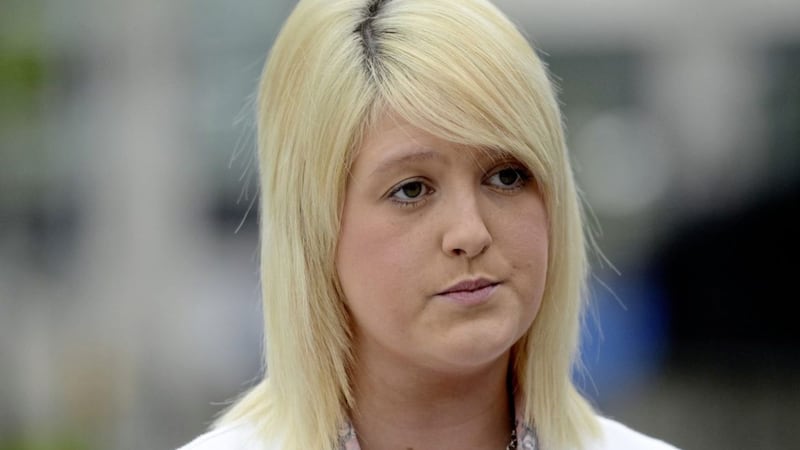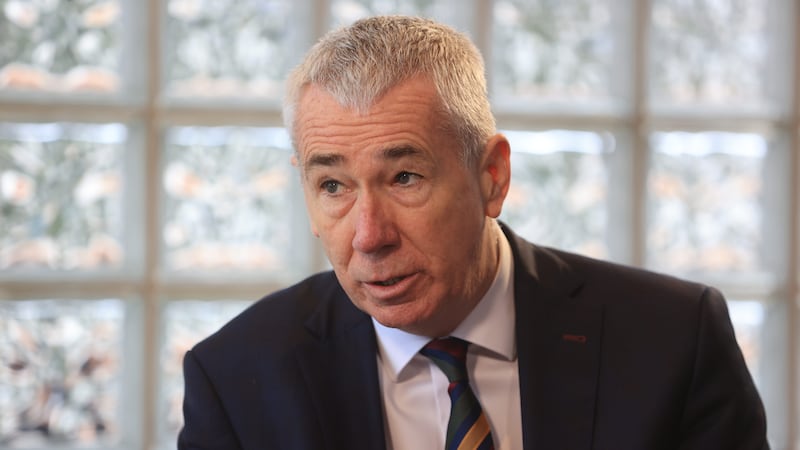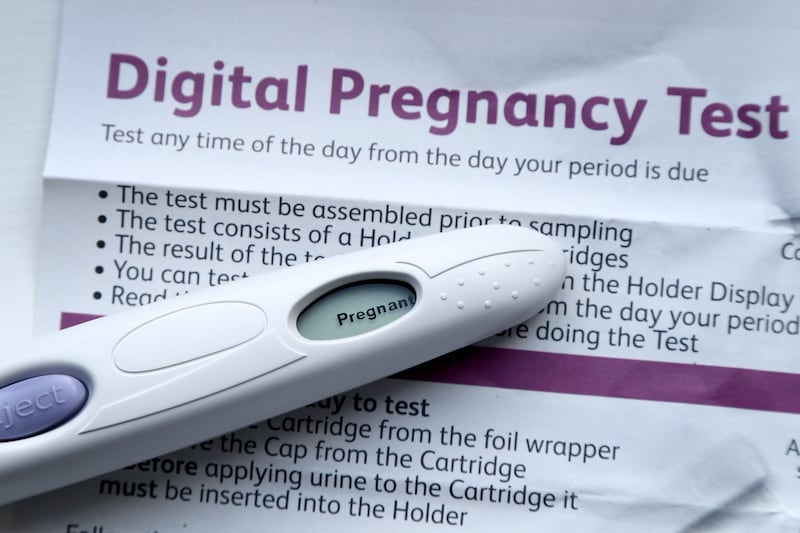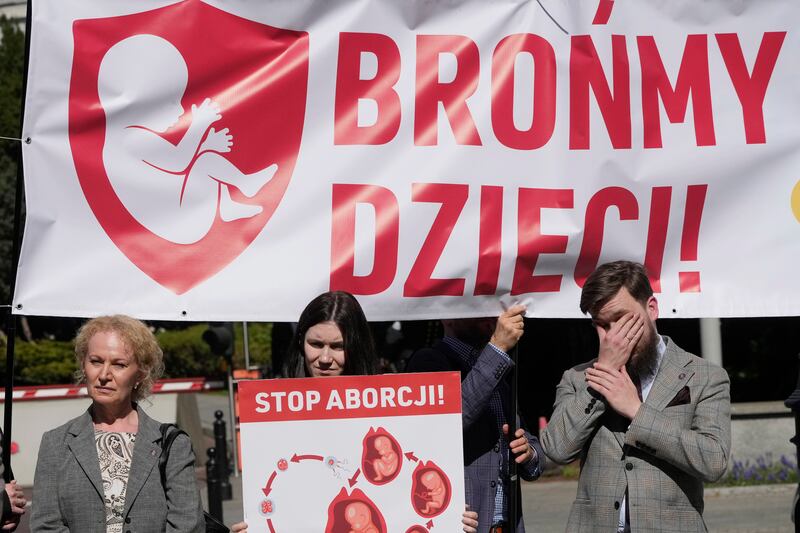SEVEN months before Sarah Ewart went public about the trauma of having to travel to England for an abortion after being told her baby would not survive, a set of guidelines were published that plunged the medical profession into a climate of fear.
The 'draconian' measures, introduced by former DUP health minister Edwin Poots in March 2013, changed the face of how mental health assessments of expectant mothers with a devastating diagnosis of fatal foetal abnormality had been carried out for the previous 50 years.
For the first time, only a consultant psychiatrist could decide whether a pregnancy should be terminated on the grounds of risk to a woman's mental health - not the dedicated team of obstetricians, geneticists and midwives who had been doing it since the 1960s.
Crucially, the guidelines threatened a 10-year jail sentence for health professionals who failed to adhere to the restrictions or for those who didn't report "suspected" illegal terminations.
Despite being only draft measures, the chill factor was created among medics as legal teams across the health trusts stressed strict compliance - with staff even banned from giving advice to women affected.
For mothers-to-be like Ms Ewart, who was told at a 19-week scan that her baby's brain and skull had not developed properly, and that it would die shortly before or after being born, the impact was catastrophic.
Read more:Long awaited report on abortion laws calls for reform
Former ministers criticised after 18-month delay in publishing abortion report
Information about English clinics or phone numbers could not be passed onto her, with one consultant even telling her that she 'didn't want to go to prison'.
In the end, she had to go through a Yellow Pages and get a £2,000 loan for the procedure.
Subsequently, the number of 'legal abortions' in Northern Ireland - which were already small, averaging around 40 a year - were reduced further.
Despite updated guidance being published in 2015, the 'damage was done' and health professionals continue to work within the same constraints of the law.
Ms Ewart's campaigning work to extend abortion to Northern Ireland in cases of fatal foetal abnormality was yesterday endorsed by health professionals, civil servants and affected families.
A joint Department of Heath and Department of Justice report concluded the north's existing abortion laws were "untenable" for health professionals.
In emotive language not usually associated with the medical profession, doctors and other healthcare workers who contributed added that current laws place an "unacceptable burden" on women's health.
The findings should give some hope to Ms Ewart who has endured threats and abuse since taking the brave decision to openly speak about her "nightmare" ordeal to raise awareness.
However, the reality is that in the absence of a power-sharing executive, there is no prospect of any changes to the stringent laws in Northern Ireland.
Women who have been told there is no chance of survival for their child can now travel to England for free NHS abortions - following a change to the law last year - but there are no arrangements in place for their baby's remains.
They will also be away from their family and friends and the medical team that has been with their support for the first half of their pregnancy.
A direct rule minister may have the powers to implement the report's findings but it is unclear if or when that will happen given the ongoing political stalemate.
As the Republic prepares to go to the polls on the abortion issue next month, the restrictive limbo for health professionals and vulnerable women will remain in the north and "unacceptable burdens" on expectant mothers' health and well-being will continue.
Read more:Long awaited report on abortion laws calls for reform
Former ministers criticised after 18-month delay in publishing abortion report








